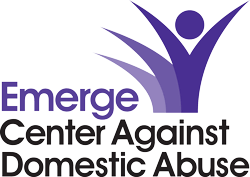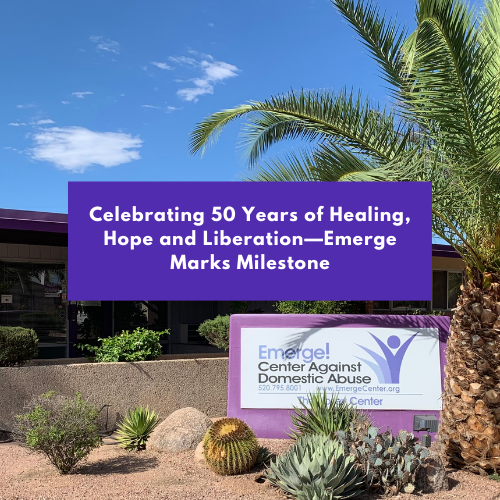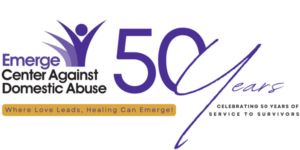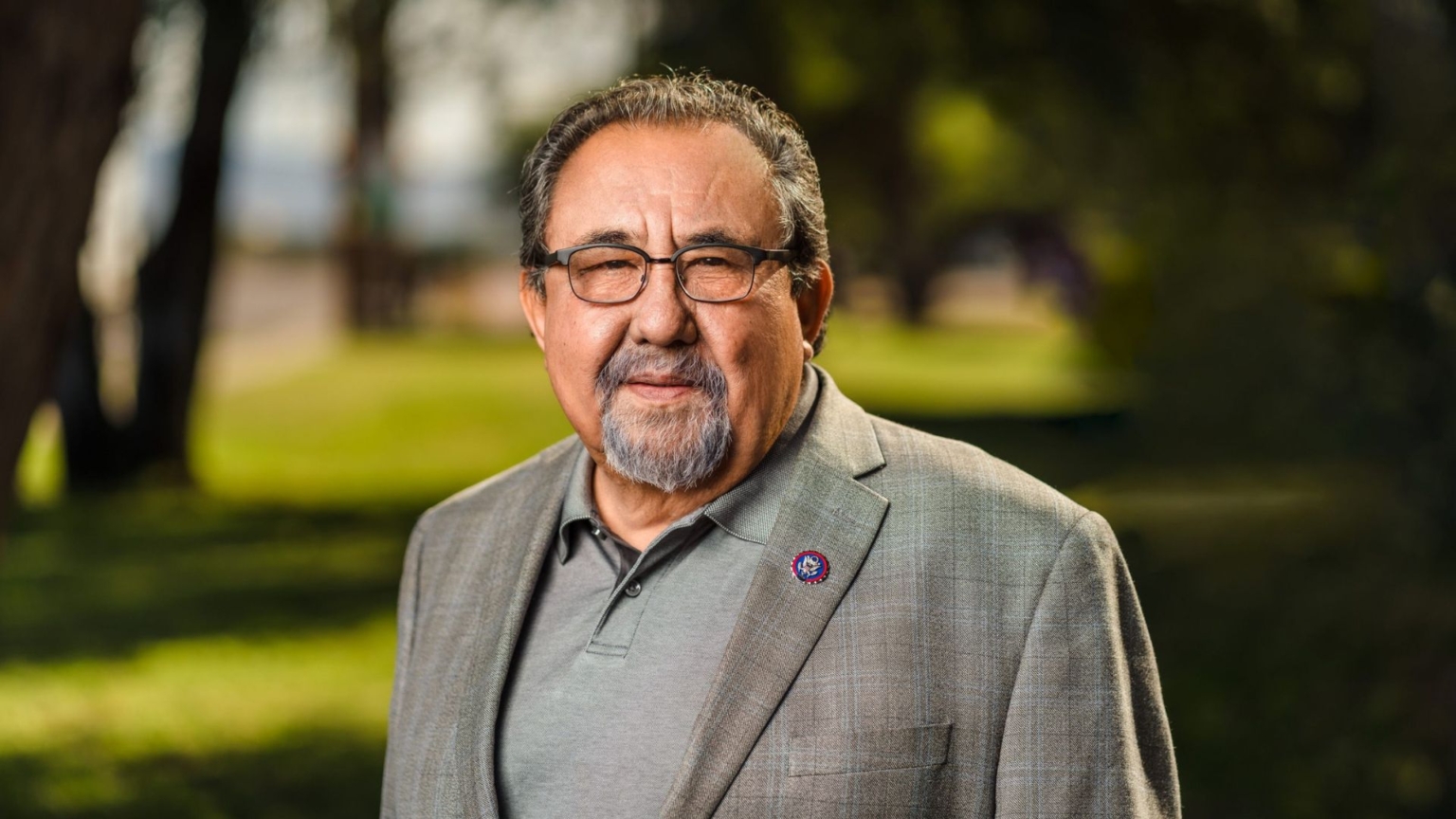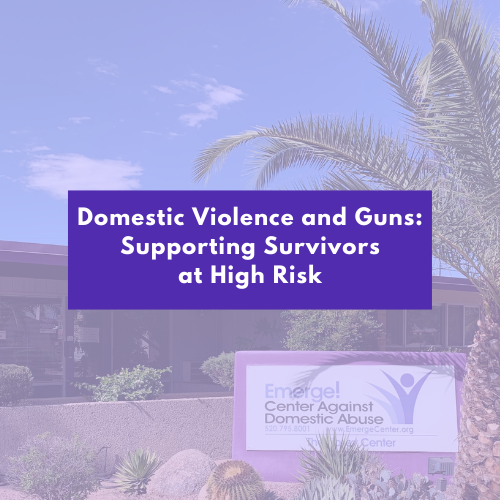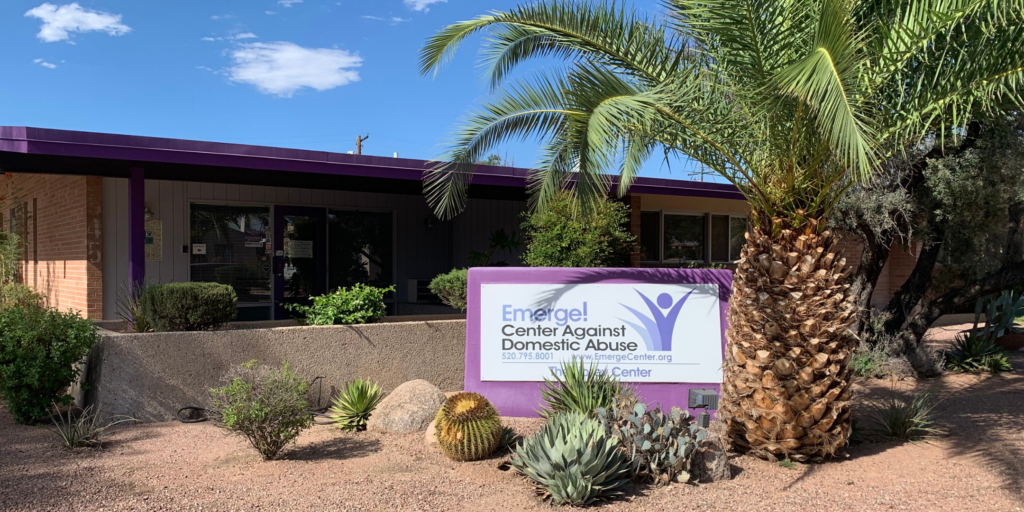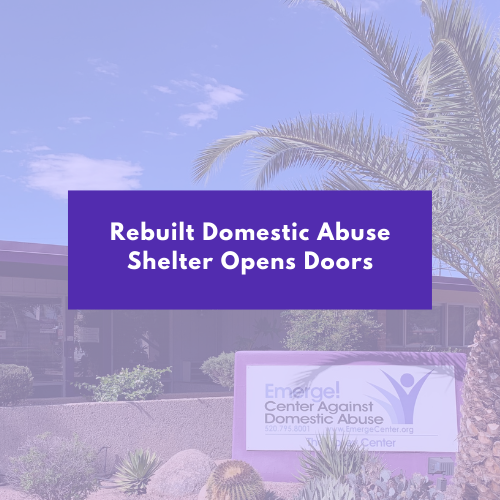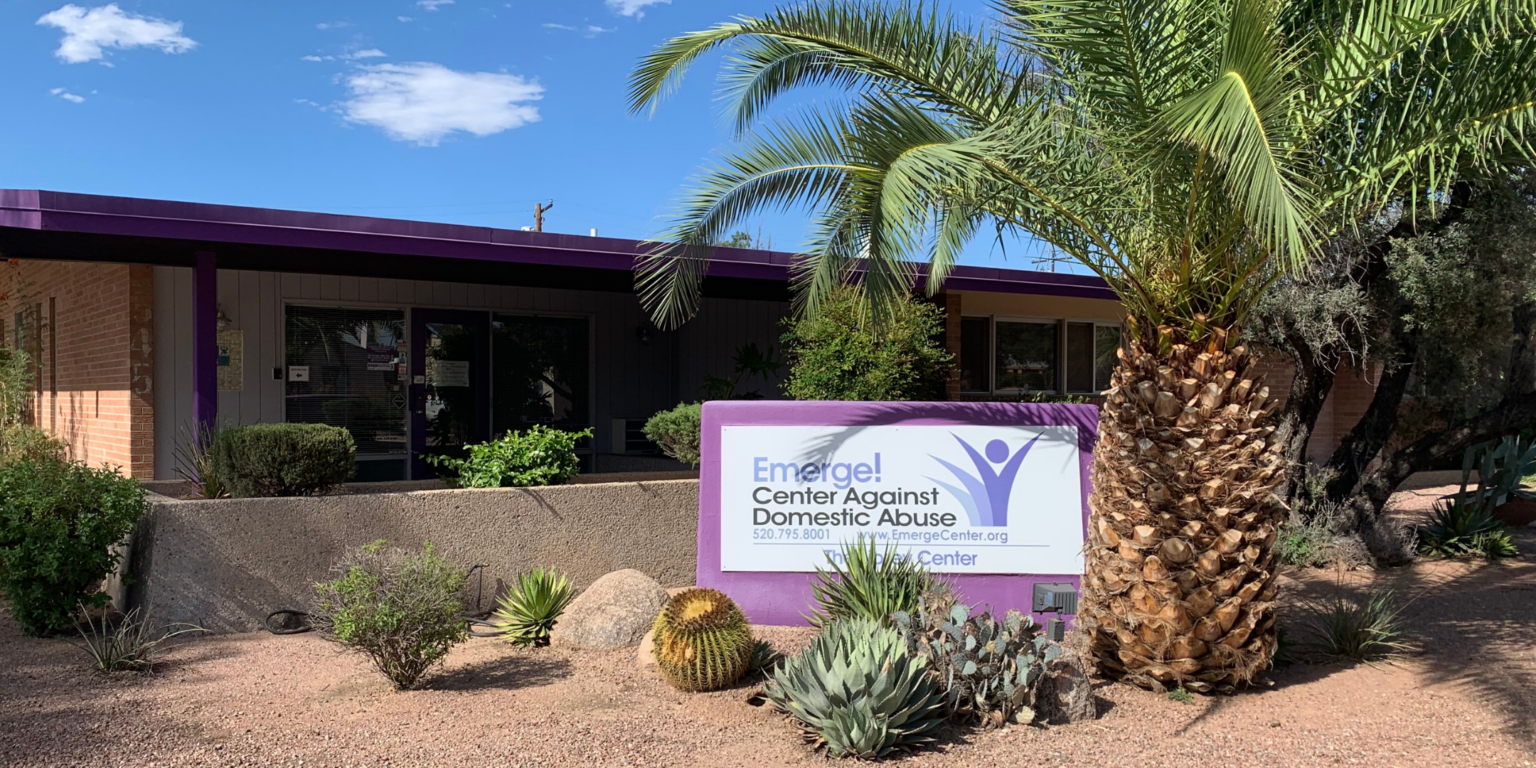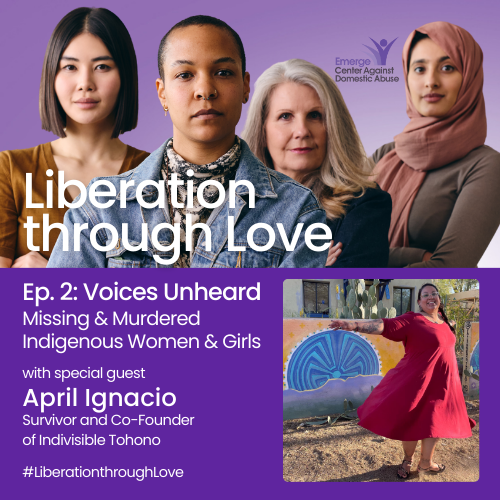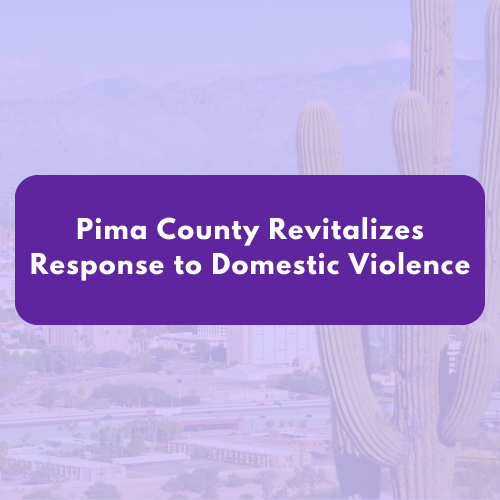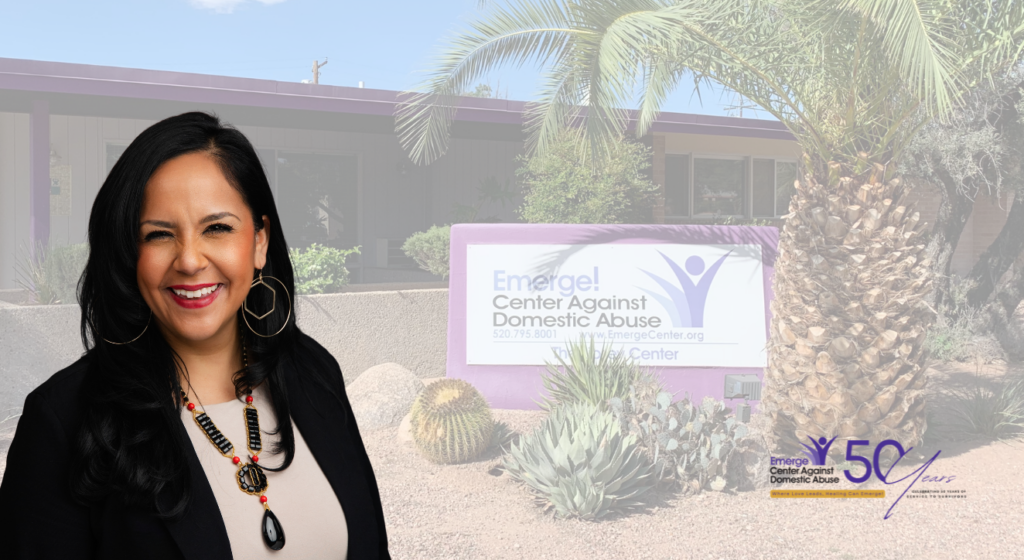
A Historic Celebration—and Welcoming a New CEO
This year marks a monumental moment for Emerge as we celebrate 50 years of supporting survivors of domestic abuse in Tucson and Pima County. Since our founding as the Tucson Center for Women and Children, our mission has been rooted in the safety of survivors, and today, we continue to evolve, embracing the future with hope and dedication.
Earlier this year, we welcomed Anna Harper as our new CEO. Having joined Emerge in 2009, Anna has played a pivotal role in the organization’s transformation over the past 15 years, shaping a holistic, survivor-centered approach that embraces each person in their full humanity. With 29 years of experience in working with survivors of domestic abuse and sexual assault, Anna’s leadership demonstrates a profound commitment to reimagining what community-based solutions to violence can look like—solutions founded on empathy, compassion, and above all, love.
As our CEO, Anna brings the same courage, vision, and dedication that defined her tenure as Executive Vice President and Chief Strategy Officer. She continues to lead Emerge with a clear focus on collaboration and innovation, ensuring that every survivor has access to the support they need, no matter where they are in their journey. As we move forward, Anna is steadfast in her commitment to building on our strong foundation, guiding us through the challenges that lie ahead, especially as we face uncertainty around the continued availability of federal funding for programs supporting survivors.
“Survivors are often already living with fear due to the violence in their relationships—and the added uncertainty that support services might be taken away can further reduce their likelihood of seeking help,” said Harper. “At Emerge, we remain focused on the lived realities and the safety of people impacted by violence in our community. This community cares deeply for survivors. Tucson and Pima County have a long history of showing up for vulnerable people, and we will need our community’s support—as we always have—to maintain services, support, and safety for survivors.”
Meet the Team Leading Emerge’s Vision
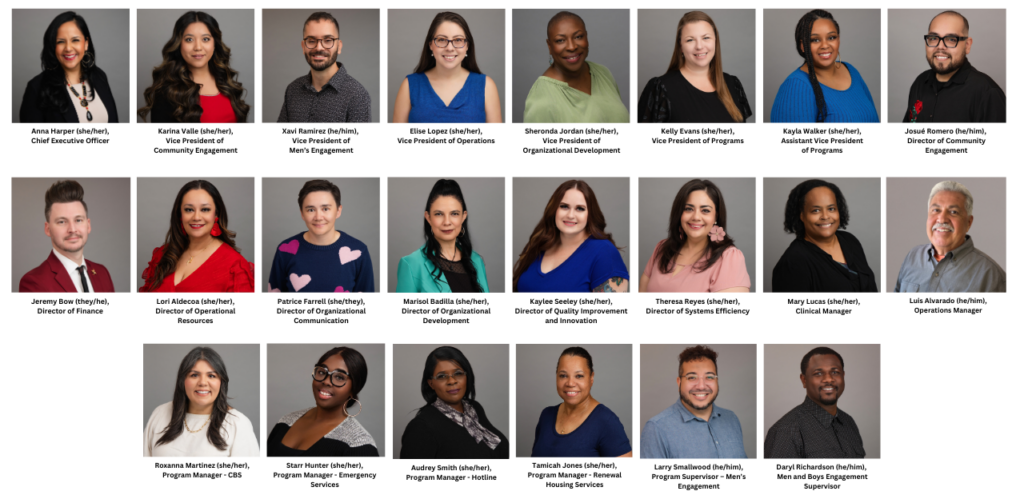
Emerge embarks on the next 50 years of service to survivors as a team led by a group of passionate and capable people representative of our community. These individuals are entrusted with creating a safer community inside and outside of Emerge that upholds our values. With decades of experience in survivor advocacy, social justice, and community engagement, our leadership team shapes the programs and services that make Emerge a place of hope and renewal for those affected by domestic abuse.
Honor 50 Years by Investing in Community Safety
Fifty years of service is an achievement to be celebrated! We are grateful for the courageous women who started this work, for the many advocates who have dedicated their careers to serving survivors, for the community that has decade after decade shown its love and compassion for our neighbors, and for the people whose safety and well-being drives our mission. Emerge is proud of all that we have accomplished together in 50 years, and of the safer, more compassionate community that has already taken shape.
To honor this progress—and to sustain it through the next 50 years—we have created fundraising campaigns driven by individuals, groups, or organizations:
Individuals – Join the 50 for a Safer Future Campaign
We invite community members to make a donation of any amount, or set up a peer-to-peer fundraiser to encourage your network to give. Learn more here.
Groups – Join the 50 for $50k Campaign
Local businesses, churches, and community groups have been a vital part of sustaining Emerge operations since our founding! Organize fundraisers or host a donation drive to keep this tradition of strong community partnerships alive. Learn more.
Corporations – Join the 50 for $100k Campaign
Let our community know that your organization believes in creating a safer community for survivors. We’re calling on corporations and foundations that serve Tucson and Pima County to help us reach $100k—find out how. We are grateful to TEP for demonstrating their commitment to supporting survivors with $25k toward our $100k goal.
Throughout the year, and at our 50th Anniversary Celebration in September, we will recognize and celebrate our partners by announcing the total funds raised to date. Together, we can build a future where safety and healing are not just possibilities, but realities for all. Thank you for being part of our journey.
